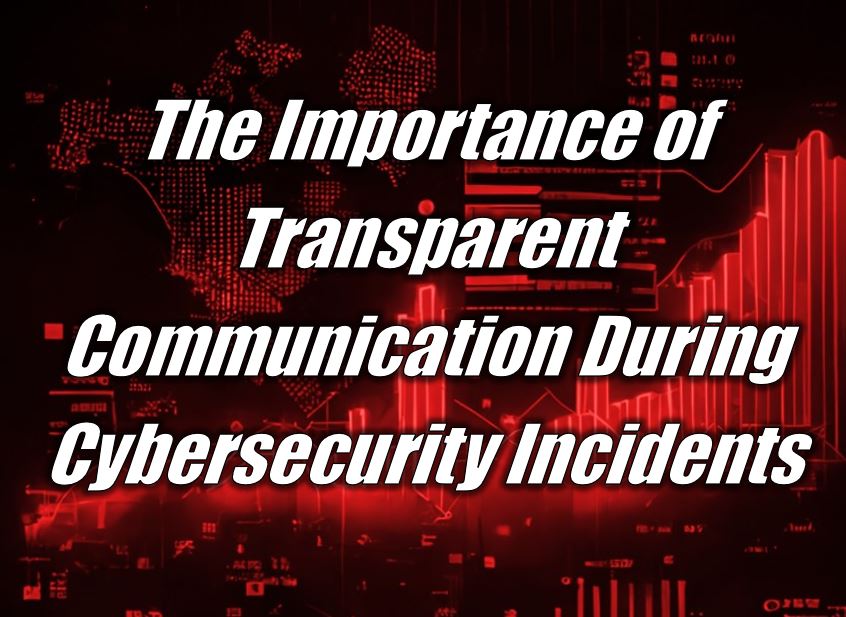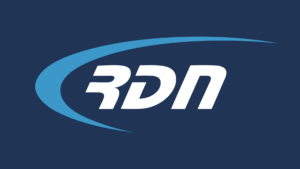A Closer Look at Cox Automotive and Central Dispatch
In today’s digital landscape, cybersecurity threats pose significant risks to organizations across industries. When a breach or suspicious activity is detected, swift action is required to contain the threat and protect sensitive data. However, how a company communicates these incidents to its carriers and clients can make all the difference—impacting trust, operational continuity, and overall reputation.
Over the weekend, Cox Automotive’s flagship platform, Central Dispatch, reportedly took swift measures to lock out carriers following a detected phishing event. While such steps are necessary to prevent further damage, the lack of timely, transparent communication has raised concerns amongst agents, carriers and lenders.
Why Immediate Lockouts Are Necessary
Cybersecurity protocols often prioritize containment to prevent malicious actors from exploiting vulnerabilities further. Locking accounts temporarily is a common response to suspicious activity, especially in systems managing sensitive information like vehicle data, payments, and personal details.
However, these actions, if taken without clear communication, can create chaos for users who rely on the platform daily. When agents, carriers, and lenders find themselves locked out without explanation, frustration builds, and operational disruptions occur.
The Hidden Costs of Silence
- Increased Frustration Among Carriers and Clients:
Without information, carriers and clients are left guessing. This uncertainty can lead to escalated calls, emails, and complaints, overwhelming customer support and creating a perception of neglect or incompetence.
- Disrupted Operations:
Auto repossession agents, transport carriers, and lenders depend on timely access to data. Lack of access can delay pick ups, deliveries, and payments, impacting revenue and customer satisfaction.
- Erosion of Trust:
Carriers and clients expect transparency, especially during crises. Hidden or delayed communication can damage relationships, making it harder for organizations to regain trust once the crisis subsides.
The Need for Proactive and Transparent Communication
Balancing security and transparency is critical. While immediate containment measures are essential, companies should also prioritize informing affected carriers and clients as soon as possible. Best practices include:
- Prompt Acknowledgment:
Issue a brief statement acknowledging the incident, explaining that measures are being taken, and reassuring carriers and clients that the situation is under control.
- Regular Updates:
Keep carriers and clients informed about progress, estimated resolution times, and any actions they need to take.
- Dedicated Support Channels:
Provide clear contact points for concerns, questions, or operational assistance during the incident.
Building Trust Through Transparency
Transparent communication during cybersecurity incidents demonstrates respect for carriers’ and clients’ needs and fosters trust. It shows that the organization values its partners and understands the importance of their operations.
In industries where millions of dollars and operational integrity are at stake, proactive communication can mean the difference between a manageable incident and a disaster that damages reputation.
Conclusion
Cybersecurity threats are an inevitable part of the modern digital ecosystem. However, how organizations respond—particularly how they communicate—can significantly influence the outcome. Cox Automotive’s recent experience underscores the importance of transparency and direct communication with carriers and clients during crises.
By adopting a proactive communication strategy, companies can mitigate frustration, maintain operational continuity, and reinforce the trust they have built with their partners over years. In the end, transparency isn’t just good practice; it’s essential for resilience in an increasingly connected world.
Carmen Giannone
Giannone Companies Towing Enforcement
Collegeville, PA











More Stories
Today is Fallen Agents Day – 2026
From Auction Cutting to Field Programming: The Structural Shift No One Budgeted For
Bad Apples in the Repossession Industry
Why Self-Help Repossession Is Taken for Granted — and Why Losing It Would Hurt Consumers Most
A Necessary Distinction: Financial Oversight vs. Financial Control
When Oversight Becomes Overreach: Why Demanding Subcontractor Financials Is Wrong